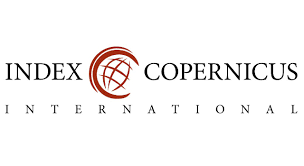Reinterpreting Modern Monetary Theory Through an Islamic Lens: Insights from Indonesia's Economic Thought
DOI:
https://doi.org/10.24090/ieibzawa.v1i1.775Keywords:
modern monetary theory; islamic monetary; islamic thought.Abstract
Modern Monetary Theory (MMT) has gained attention, particularly following the crisis caused by COVID-19, which led every country to experience a significant decline in economic growth. This concept proposes the idea that a central bank can create money to finance real sector activities without having to borrow from specific parties, which is then believed to solve various economic problems. This theory has sparked various disagreements within conventional economics. Therefore, in countries that adopt dual economic systems, they certainly have their own perspectives when considering this monetary theory. This research utilizes library documentation or collected reading sources as data sources. The research findings suggest that the concept of MMT is not in conflict with Islamic Sharia, as the MMT concept aligns with the functions of money described by Al Ghazali and Ibn Khaldun. Hence, the MMT concept is not expected to lead to excessive inflation, as it conforms to the Islamic theory of the function of money, where money serves as a medium of exchange rather than a tradable commodity. With this concept, the quantity of goods in a country will be accompanied by the Money Supply. However, the application of economic theories like MMT must be adapted to the conditions and economic concepts of a given country. Despite MMT's compatibility with Islamic monetary concepts, Indonesia is not yet ready to fully implement MMT, which is why the predicted level of moral hazard risk is higher.
Downloads
Published
How to Cite
Conference Proceedings Volume
Section
License
Copyright (c) 2023 Proceeding of International Conference on Islamic Economics, Islamic Banking, Zakah and Waqf

This work is licensed under a Creative Commons Attribution 4.0 International License.











